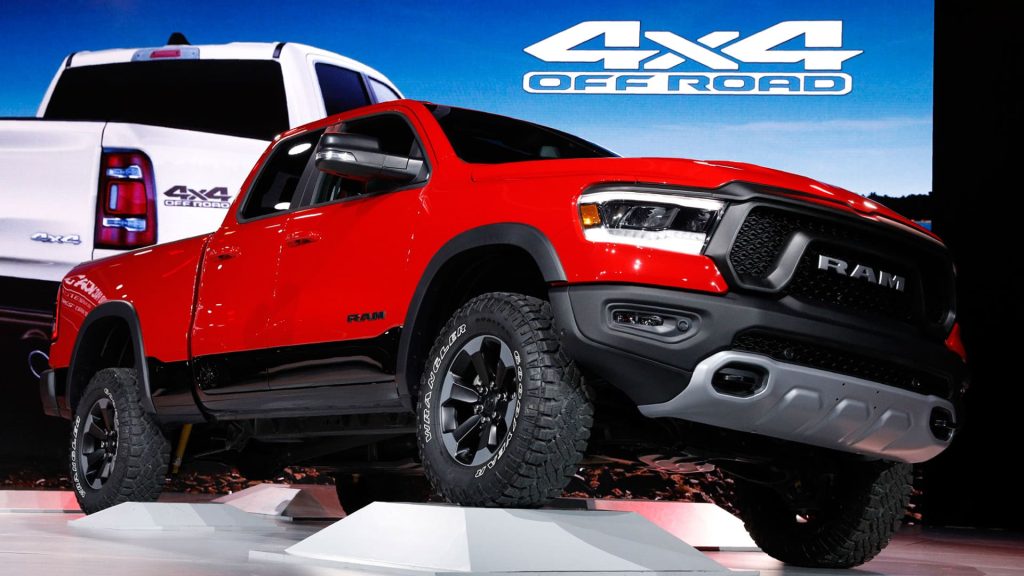DETROIT — Automaker Stellantis plans to indefinitely lay off up to 2,450 U.S. factory workers later this year as it discontinues production of an older version of its Ram 1500 pickup truck in Michigan.
The truck has been largely used as a low-cost pickup to sell to entry-level buyers and fleet customers since the automaker introduced a new generation of the Ram 1500 in 2018. It is produced alongside the Jeep Wagoneer and Grand Wagoneer at the Warren Truck Assembly Plant, located near Detroit.
The current Ram 1500, which was recently updated for the 2025 model year, is produced at a nearby plant. Operations at that facility will continue as planned.
“With the introduction of the new Ram 1500, production of the Ram 1500 Classic at the Warren [Michigan] Truck Assembly Plant will come to an end later this year,” the company said in an emailed statement.
The discontinuation of the Ram 1500 “Classic” vehicle is not unexpected, but the company has not announced a vehicle to replace the truck. That is concerning for local governments, workers and the United Auto Workers union, which represents the plant.
Share prices of Stellantis, GM and Ford
A spokesman for the union did not immediately respond to CNBC’s request for comment.
Ram CEO Chris Feuell told CNBC last week that the “Classic” version of the pickup would be phased out by the end of this year.
The layoffs are expected to start as soon as October. The final number of indefinite layoffs at the Warren plant, which currently employs about 3,700 hourly workers, may be lower than the announced numbers. Some employees may be given other jobs or positions at other plants.
The layoffs are the latest for Stellantis, which has cut production at several plants amid sales issues and cost-cutting measures.
Stellantis CEO Carlos Tavares has been on a cost-cutting mission since the company was formed through a merger between Fiat Chrysler and France’s PSA Groupe in January 2021. It is part of his “Dare Forward 2030” plan to increase profits and double revenue to 300 billion euros, or $325 billion, by 2030.
The automaker last week offered a broad voluntary buyout to U.S. salaried workers in an effort to reduce headcount and costs. Stellantis, which reported disappointing first-half results last month, said if not enough employees participate in the buyout, involuntary terminations could follow.
Read the full article here
